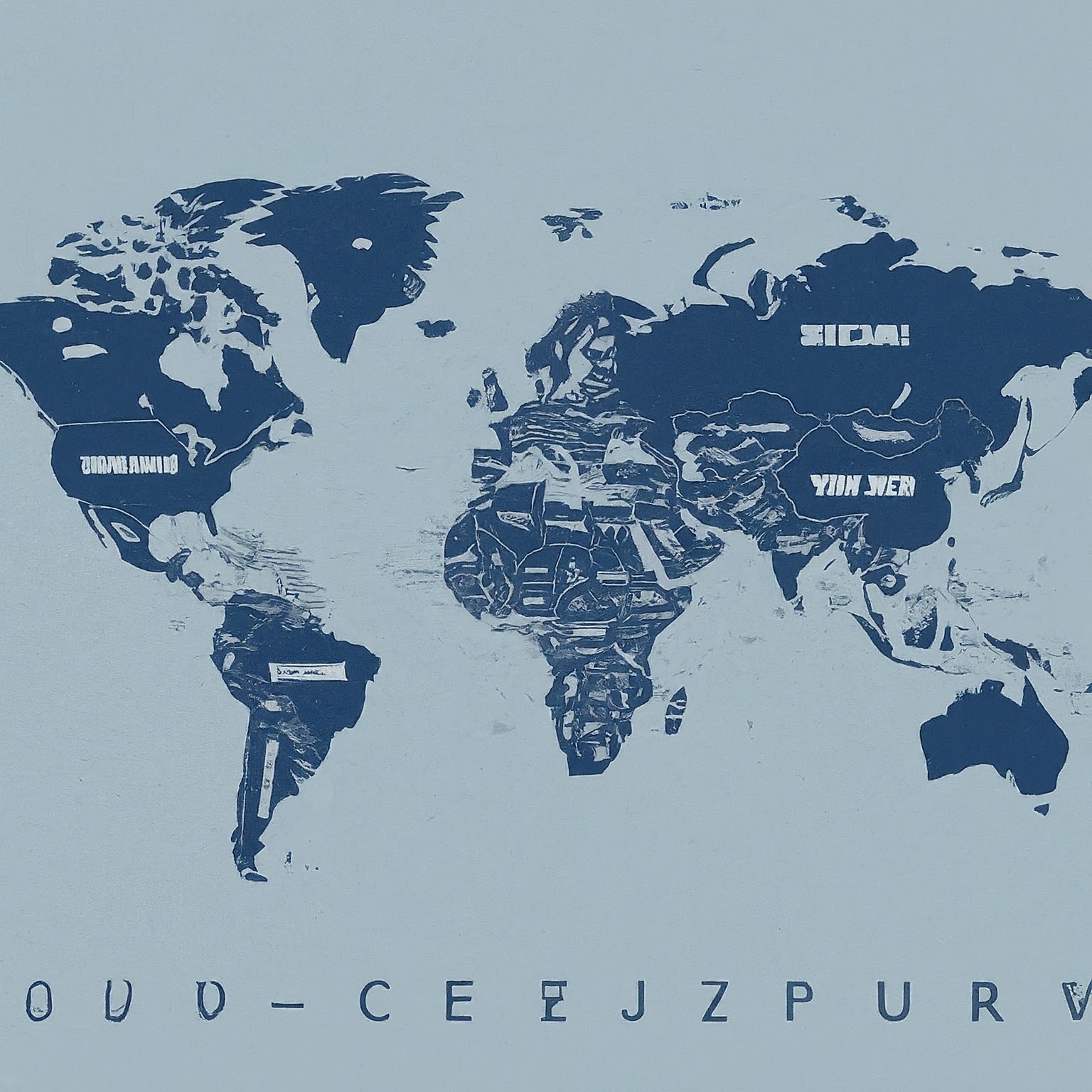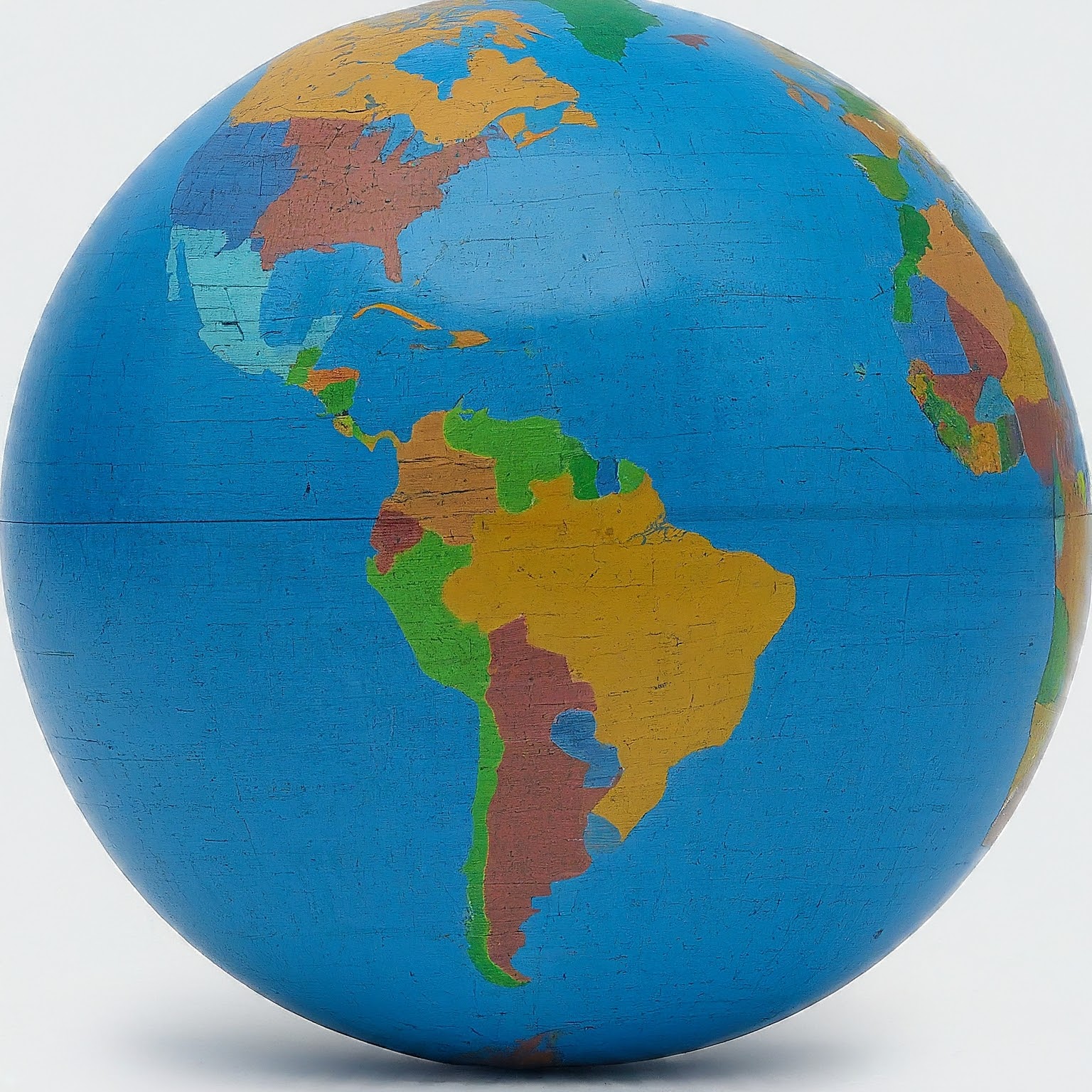Country codes, also known as dialing codes or phone prefixes, are essential for making international calls. These numerical identifiers represent specific countries and regions, allowing you to connect with people across the globe.

How Country Codes Work
To make an international call, you typically dial the following sequence:
- Exit code: This is the code used to exit your country’s phone system. For example, in the United States, the exit code is 011.
- Country code: The country code of the destination country.
- Subscriber number: The phone number of the recipient within the target country.
For instance, to call a number in France, you would dial 011 (exit code for the US) + 33 (country code for France) + the French phone number.
Importance of Country Codes in the Digital Age
Country codes are not just for international calls. They play a crucial role in various digital applications and services:
- International SMS: Sending text messages to people in other countries requires the correct country code.
- Online Shopping: Verifying international addresses often involves using country codes.
- Geolocation Services: Many apps and websites use country codes to determine a user’s location.
- Data Analysis: Country codes are used in data analysis and research to categorize information geographically.
Finding the Right Country Code
Numerous resources are available to help you find the correct country code for a specific country:
- Online Databases: Websites dedicated to country codes provide comprehensive lists.
- Phone Directories: Many online phone directories include country code information.
- Mobile Apps: There are mobile applications that offer country code lookup features.
Common Misconceptions About Country Codes
- Country codes are the same as area codes: While both are numerical prefixes, country codes represent entire countries, while area codes designate specific geographic regions within a country.
- All countries have three-digit country codes: This is a common misconception. Country codes can vary in length.
Challenges in Using Country Codes
While country codes are essential for international communication, challenges may arise:
- Overlapping Codes: Some countries share the same country code, requiring additional information to distinguish between them.
- Mobile Number Portability: Mobile numbers may be ported between countries, complicating the use of country codes.
- Calling Card Restrictions: Some calling cards may have limitations on international calls or specific country codes.
The Future of Country Codes
As technology evolves, the role of country codes may change. With the increasing use of VoIP and other communication platforms, the traditional concept of country codes might become less relevant. However, for the foreseeable future, country codes will remain an essential component of global communication.

Conclusion
Country codes are indispensable for international communication. Understanding their purpose, how to use them, and the potential challenges associated with them is crucial in today’s interconnected world. By utilizing the available resources and staying informed about any changes, you can effectively navigate the complexities of global calling.